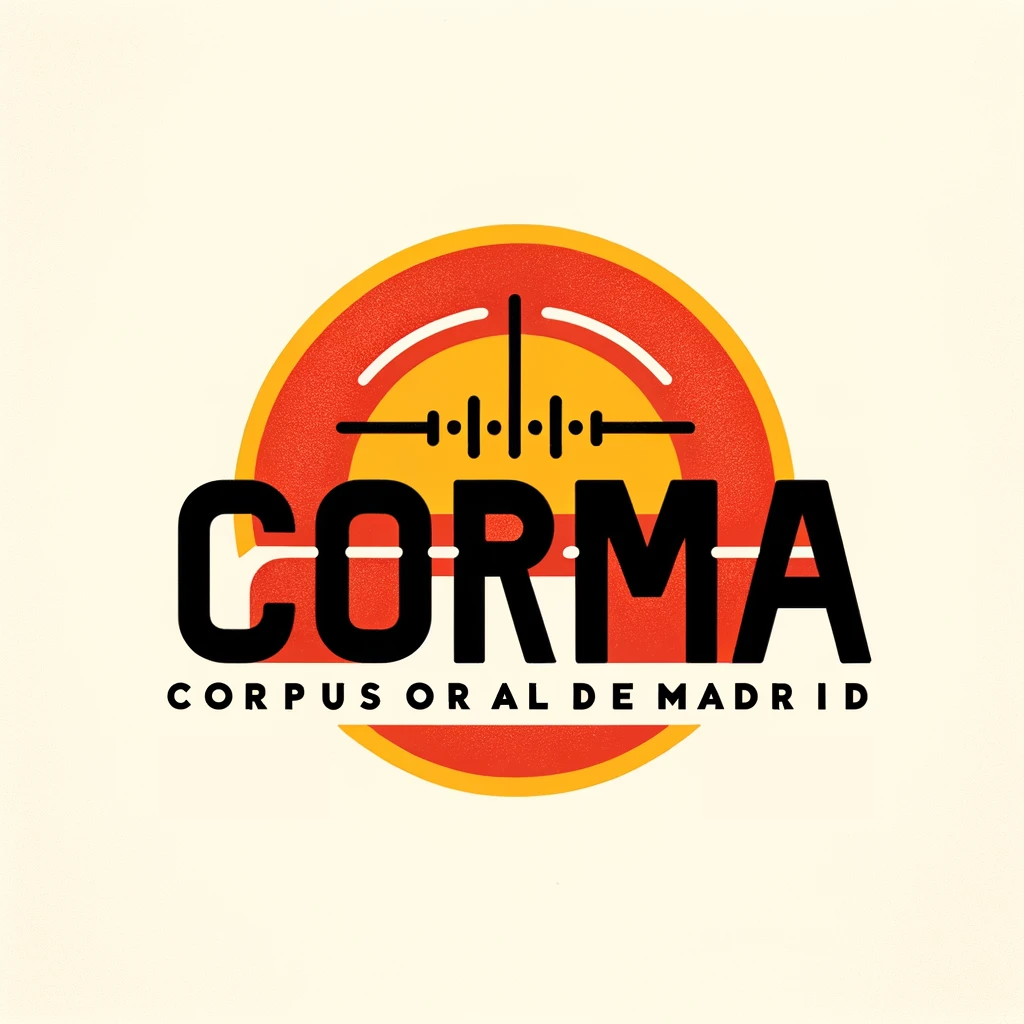Renata Enghels’ investigation has specialised in corpus research from a functional and cognitive perspective. She has a particular interest in verbal argument structures, and focuses on the functional relations between formal-syntactic structures in Romance languages – and especially in Spanish –, the semantic and pragmatic roles of linguistic units and their morphological markings. Her PhD research, which appeared as a book published by Niemeyer (Mouton de Gruyter), investigated on the interaction between mental ‘constructions’ of different perception modalities and the semantic and syntactic behaviour of the corresponding verbs. She has also frequently published on the causative infinitive constructions, on the polysemy of cognate verbs in different Romance languages, and on grammaticalization and subjectification as processes that derive discourse markers from perception/cognitive verbs. She is appointed as a professor of Hispanic and General Romance linguistics and is involved in research projects on topics ranging from the polysemy of perception verbs and put verbs, discourse markers, deverbal nominalizations, terms of address, (recent) language change, intensification, youth language, the linguistic representation of migration and codeswitching.
She coordinated the compilation of the CORMA corpus (Corpus Oral de Madrid), in collaboration with Fien De Latte, Linde Roels, Nele Van Den Driessche, amongst others. This corpus is a collection of spoken language that represents the dynamic speech of Madrid, as observed between 2016-2019. It consists of 106 conversations among 485 speakers from Madrid, culminating in 57 hours of recording (see Enghels, De Latte & Roels, 2020).
The recordings and transcriptions are currently available on the CORMA website.
